How to Set Up Beam Lights for Stage Events: A Complete Guide for Stunning Effects
- Introduction
- Understanding Beam Lights: Key Specs and Options
- 1. Lamp Sources
- 2. LED Sources
- 3. CMY Structure
- Setting Up Beam Lights: Step-by-Step Guide
- Step 1: Assess the Venue
- Step 2: Plan the Layout
- Step 3: Select the Right Beam Lights
- Step 4: Install and Test
- Step 5: Synchronize with the Event
- Frequently Asked Questions
- 1. What are the benefits of using CMY structures in beam lights?
- 2. How do LED beam lights compare to traditional lamps?
- 3. What safety precautions should I take when setting up beam lights?
- 4. Can beam lights be used for smaller events?
- 5. Do I need specialized software for beam light programming?
- Pro Tips for Different Scene Requirements
- Concerts
- Corporate Events
- Theater Productions
- Outdoor Festivals
- Color Pictures
- Conclusion
Introduction
Lighting plays a pivotal role in creating memorable stage events. Whether you’re orchestrating a live concert, corporate event, or theatrical performance, beam lights can elevate your production to new heights. But with a wide range of beam lights—from 250W, 300W, 380W, and 420W lamp specs to laser and LED sources—how do you choose and set them up effectively? This guide dives deep into everything you need to know about setting up beam lights, complete with tips for utilizing CMY structures and tailoring lighting to different scenes.
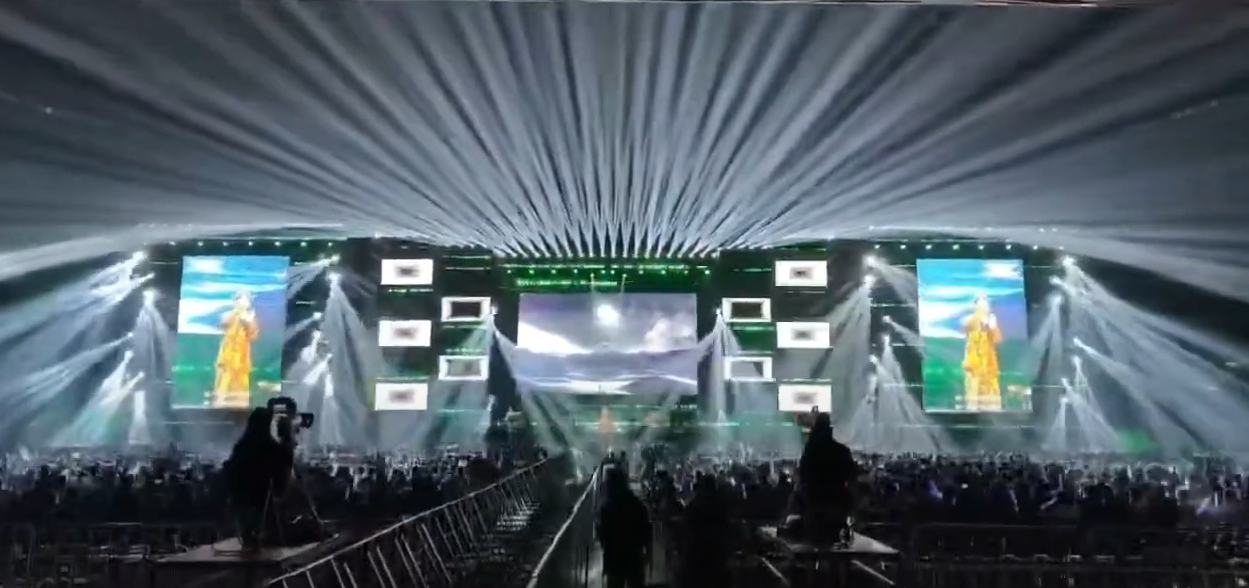
Understanding Beam Lights: Key Specs and Options
Beam lights are specialized stage lighting fixtures known for their sharp, concentrated beams. They create dramatic effects that captivate audiences and enhance stage dynamics. Let’s break down the specs and sources commonly used:
1. Lamp Sources
- 250W Lamp : Compact and efficient for small-scale events.
- 300W Lamp : Balances brightness and power consumption for medium venues.
- 380W Lamp : Ideal for larger stages requiring high luminance.
- 420W Lamp : Maximum brightness for outdoor or expansive settings.
- Laser Sources : Offers precision and intensity for specialized effects.
2. LED Sources
- 300W Beam LED : Energy-efficient with a longer lifespan, perfect for dynamic shows.
3. CMY Structure
The CMY color mixing system (Cyan, Magenta, Yellow) provides seamless color transitions and customization, crucial for professional-grade lighting setups.
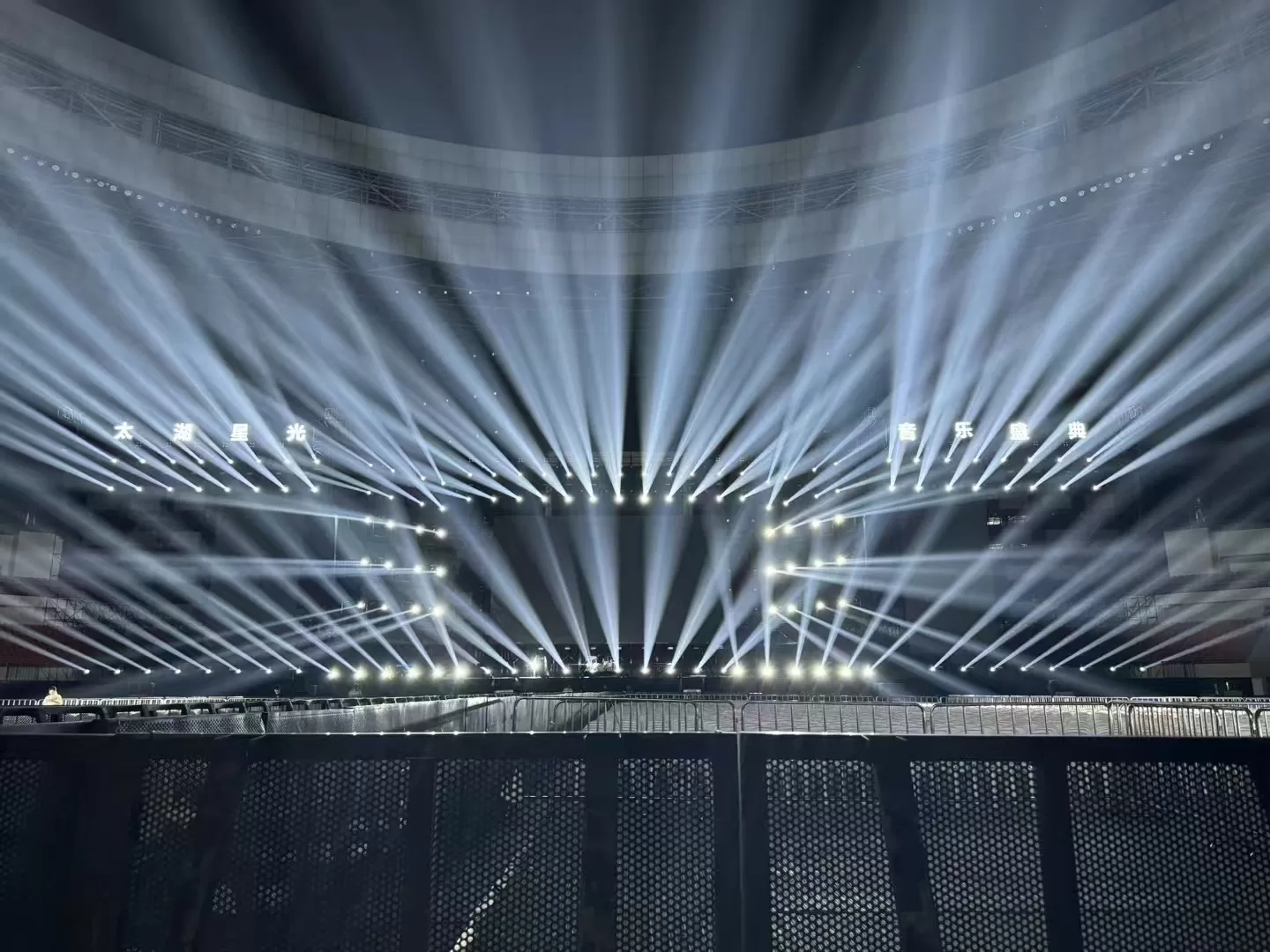
Setting Up Beam Lights: Step-by-Step Guide
Step 1: Assess the Venue
- Indoor Spaces : Opt for 250W or 300W lamps for controlled environments.
- Outdoor Stages : Use 380W or 420W lamps for maximum brightness.
- Theatrical Performances : Consider LED sources with CMY for precise mood setting.
Step 2: Plan the Layout
Position beam lights based on the stage size and event requirements:
- Overhead Rigging : Creates dynamic overhead effects.
- Side Placement : Enhances depth and highlights performers.
- Backlighting : Adds dramatic silhouettes and ambiance.
Step 3: Select the Right Beam Lights
Use the following table to compare beam light specifications:
| Lamp Source | Brightness | Best For | CMY Support | Energy Efficiency |
|---|---|---|---|---|
| 250W | Moderate | Small venues | Optional | High |
| 300W | Balanced | Medium-sized stages | Supported | High |
| 380W | High | Large indoor spaces | Supported | Moderate |
| 420W | Very High | Outdoor events | Supported | Low |
| Laser Source | Extreme | Precision effects | Supported | High |
| LED 300W Beam | Balanced | Versatile, dynamic shows | Supported | Very High |
Step 4: Install and Test
- Ensure all fixtures are securely mounted.
- Test brightness levels and adjust angles for uniform coverage.
- Program color transitions using CMY controls.
Step 5: Synchronize with the Event
Coordinate with the event’s theme and schedule. Use lighting software to pre-program sequences or make live adjustments.
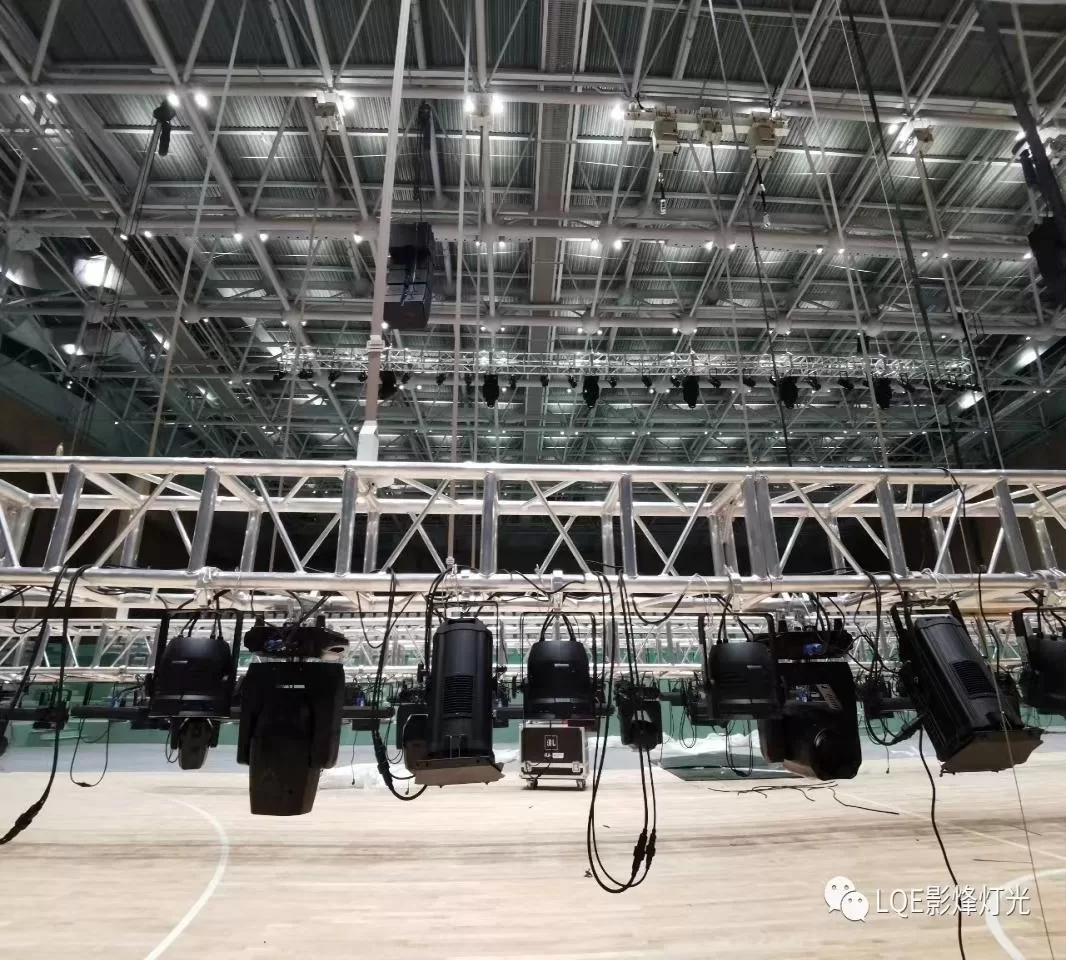
Frequently Asked Questions
1. What are the benefits of using CMY structures in beam lights?
CMY structures allow seamless color blending, making them indispensable for dynamic and immersive stage effects.
2. How do LED beam lights compare to traditional lamps?
LEDs offer superior energy efficiency, longer lifespan, and greater flexibility in programming, though they may have a higher upfront cost.
3. What safety precautions should I take when setting up beam lights?
Always follow manufacturer guidelines, ensure fixtures are secure, and avoid direct eye exposure to beams, especially for laser sources.
4. Can beam lights be used for smaller events?
Yes, 250W or 300W lamps are excellent for intimate venues while still delivering professional-grade effects.
5. Do I need specialized software for beam light programming?
Most modern beam lights are compatible with lighting control software like DMX or Art-Net, which simplifies programming and synchronization.

Pro Tips for Different Scene Requirements
Concerts
- Use high-output lamps (380W or 420W) for vibrant effects.
- Integrate laser sources for unique visual elements.
Corporate Events
- Opt for LED sources with CMY to achieve sleek, professional lighting.
- Ensure consistency in brightness and color across all fixtures.
Theater Productions
- Prioritize color transitions with CMY systems for dramatic storytelling.
- Use 300W or 380W lamps for controlled, nuanced lighting.
Outdoor Festivals
- Combine 420W lamps and laser sources for maximum impact.
- Ensure weatherproof setups and power backups.
Color Pictures
(Include relevant photos showcasing beam light setups, CMY transitions, and event scenes.)
Conclusion
Setting up beam lights for stage events is an art and science. By understanding lamp specifications, utilizing CMY structures, and tailoring setups to different scenes, you can create captivating experiences for your audience. Whether it’s a small gathering or a grand concert, the right beam lights will transform your event into an unforgettable spectacle.
- 7 Expert Strategies to Design Captivating Outdoor Lighting for Theme Parks & Architectural Landscapes
- Why IP65 Waterproof Pixel Strobe Lights Are a Game-Changer for Large Concerts: 7 Crucial Benefits Unveiled
- Why Are Outdoor Stage Lamps Getting Smaller and Lighter? The Game-Changing Trend in Stage Lighting
- What Is a Good CMY for Stage Lighting? A Complete Guide
- Why Do We Need High-Power Moving Head Beam Lights with CMY for Performances & Large-Scale Outdoor Theme Events?
1000w
Does LQE Offer a Stage Light Design Solution?
LQE experienced team glad to supply a stage lighting configuration design solution or suggestion for projector who don’t have much experience in lighting design, project, theatre and studio.
Distributor
What types of companies can become LQE distributors?
We welcome partnerships with companies that have experience in the entertainment, AV, lighting, or stage equipment industries. Whether you are a local reseller, importer, system integrator, or project contractor, we are open to exploring win-win cooperation.
Do you offer OEM/ODM support for distributors?
Yes, as a professional OEM/ODM manufacturer, we support brand customization, including logo printing, packaging design, and even custom features based on project needs.
How can I apply to become a distributor?
Simply fill out the contact form on this page or email us directly with your company information, market background, and cooperation intention. Our sales team will get in touch with you within 1–2 business days.
What is your typical lead time for distributor orders?
Our standard production lead time is 15–30 working days depending on order volume and customization requirements. For stocked models or repeat orders, we can offer shorter delivery times.
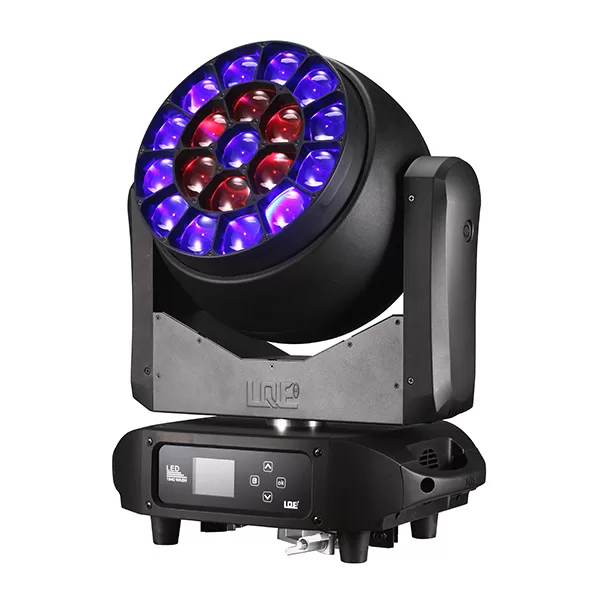
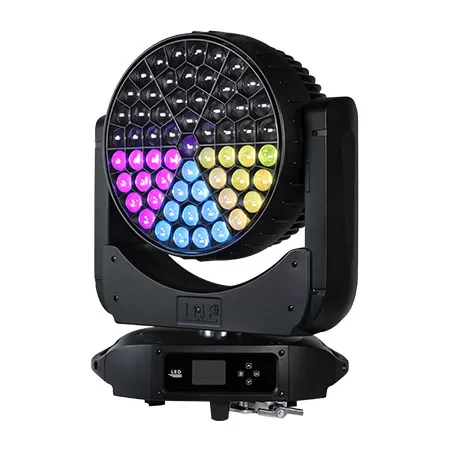
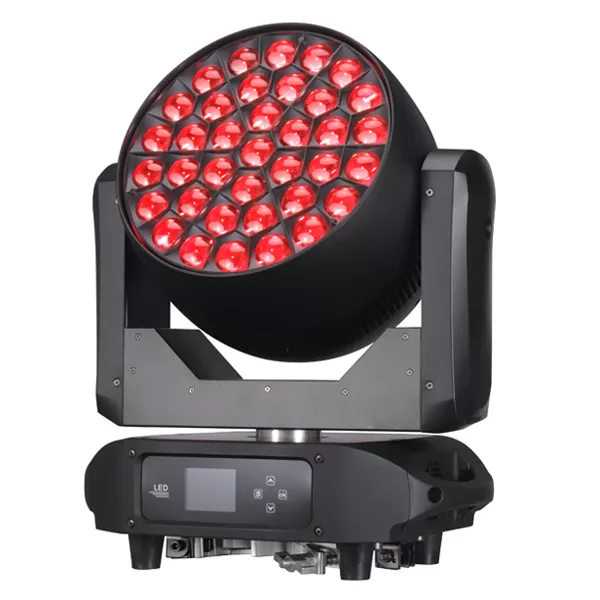
Want to learn more information?
[Reach out to us and receive professional guidance, a personalized quote, and the best solution for your needs.]

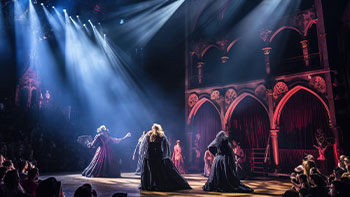
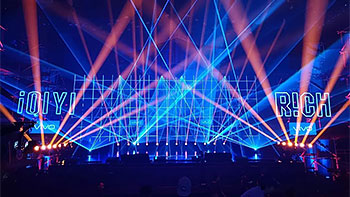
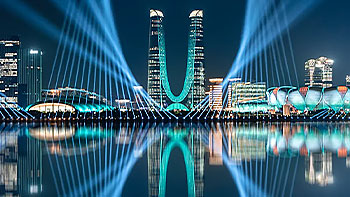
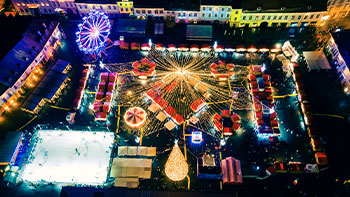
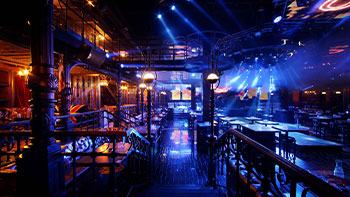
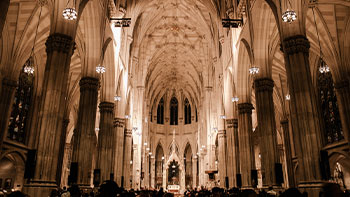






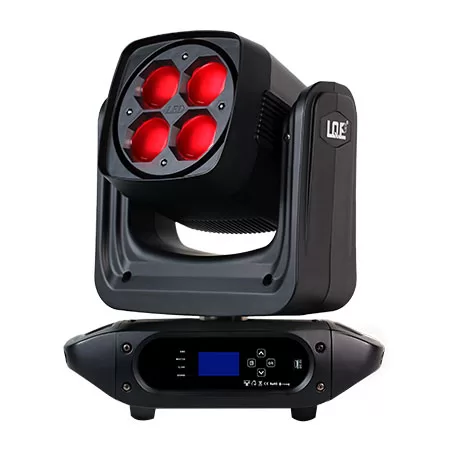
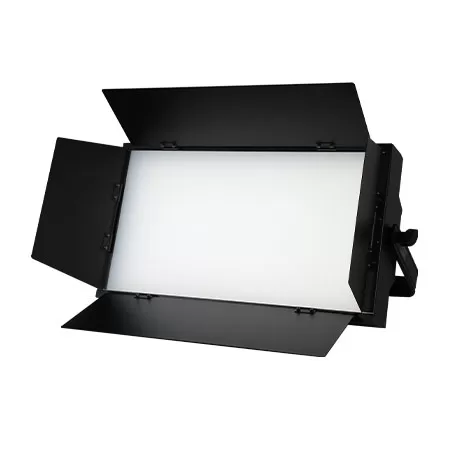
Linkedin
YouTube
Whatsapp: +8618924548390
TikTok